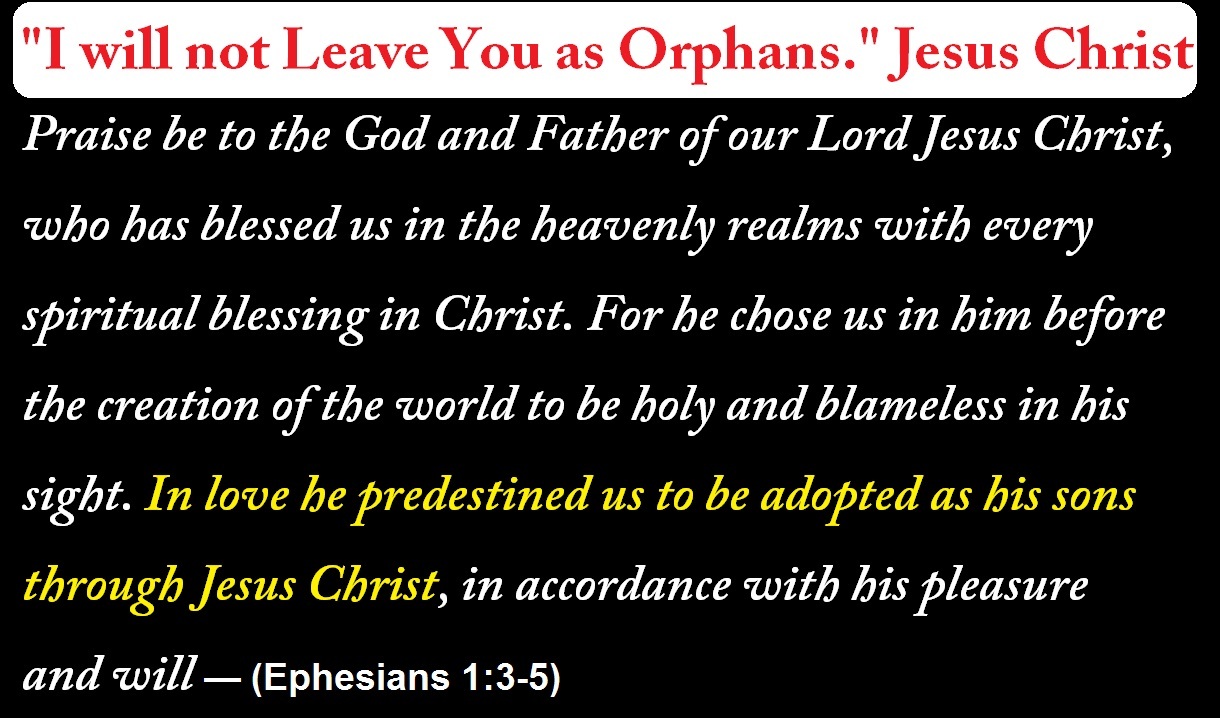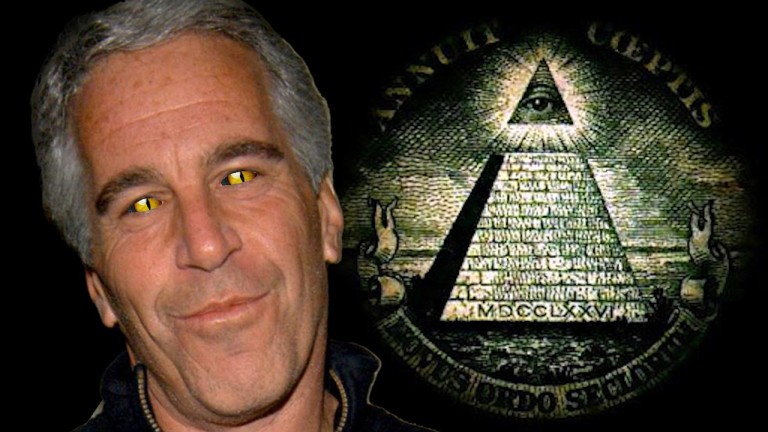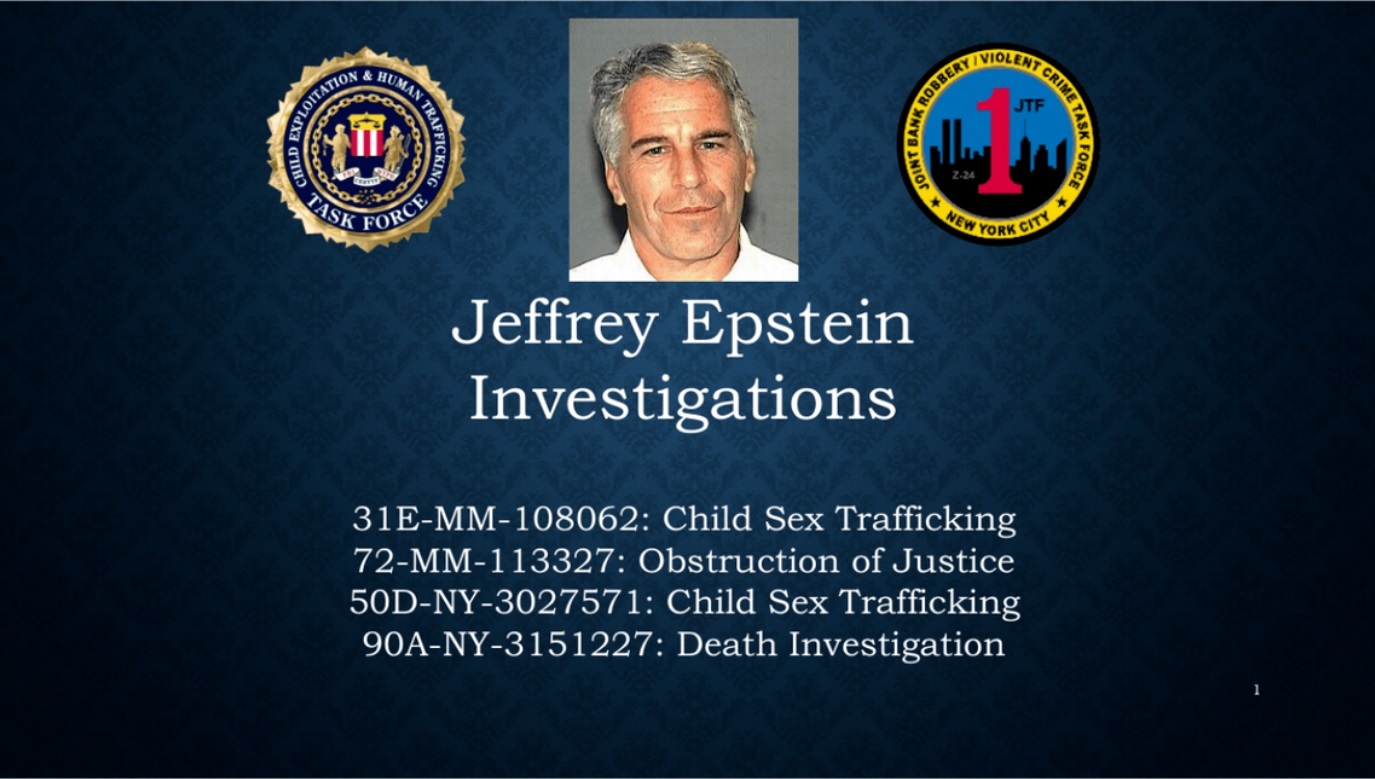U.S. Military Officers Reveal the Real Reason Trump Bombed Iran: To Fulfill Evangelical Zionist Prophecy and Begin “Armageddon”
There has been chaos in the White House for the past couple of days, as the real reason why Trump gave the go ahead to bomb Iran has been hotly debated, as well as what the mission goals were to start this war, without the approval of Congress. Secretary of State Marco Rubio was severely criticized yesterday when he attempted to explain that "preemptive" bombings were needed, because Israel was going to do it anyway, and they wanted to contain the damage from possible retaliatory attacks from Iran. Rubio got so much pushback from people in both political parties, that Trump went public today to refute Rubio, claiming Iran was ready to attack first. However, the real reason the U.S. attacked Iran has now been made public today, by the actual people doing it, the U.S. Military Officers. These officers have come forward to report that they were directed to tell their troops that Trump was “anointed by Jesus” and that war with Iran was “all part of God’s divine plan” to bring about Armageddon. This has led to low troop morale, and so far at least 110 reports have been received by the Military Religious Freedom Foundation (MRFF) since Trump first launched strikes on Saturday. As I have been reporting for months now, Evangelical Christian Zionism is destroying the U.S., and now we have proof that this is exactly what is happening.






















